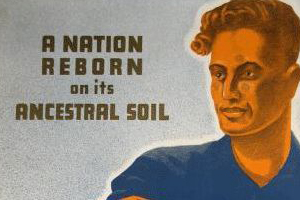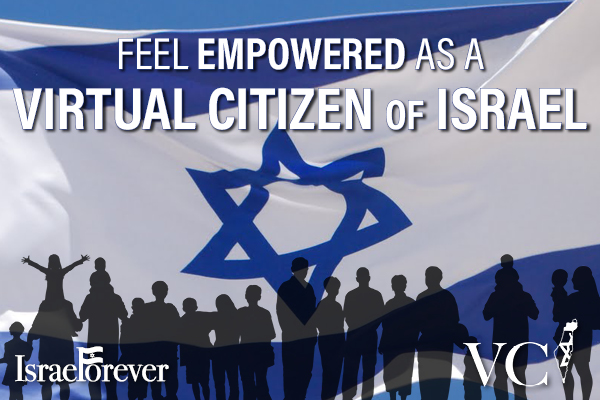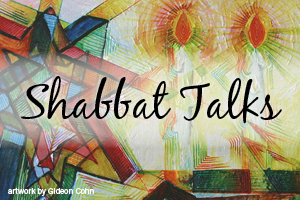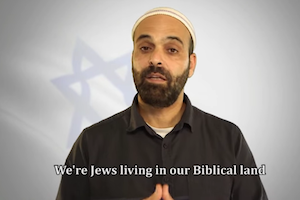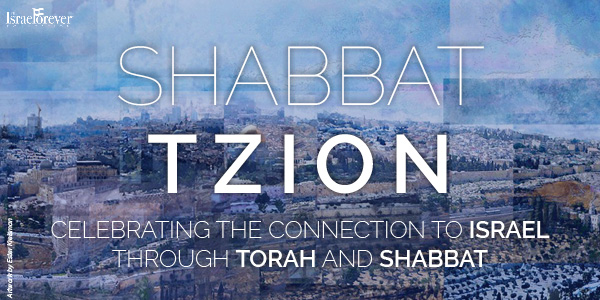Rights and Responsibilities of Living in Israel - Parashat Metzora
By Natalie Leichtman
This week’s parasha, Parashat Metzora, continues the discussion from last week about tzara’at, a spiritual plague with physical manifestations, sent as a punishment for committing a sin.
But here, though the parasha is named for a person with this disease, we discuss a different kind of tzara’at, one that affects houses. The diagnosis and treatment for this situation are similar to the skin disease - the priest is summoned, he investigates/diagnoses, if the house “tests positive” for tzara’at, it is quarantined for a week, at which point the priest returns and determines if the house is “cured” or not. Of course, one of the major differences between the treatment for this situation is that, as the parsha continues, in a “bad case” the house is destroyed (we do not order someone with tzara’at on their skin to be killed).
But there are other differences, too, between the “skin version” and “house version” that present issues. First, it is unlikely that such a strange disease to begin with would have multiple “mutations” for the same reason. So what would cause the house, the literal stones of its walls, to be struck with a spiritual plague? And second, there is some unique phrasing here, that didn’t appear before when discussing the skin affliction. What is the specific connection between the plague on the walls of the house and the Land of Cana’an/Israel?
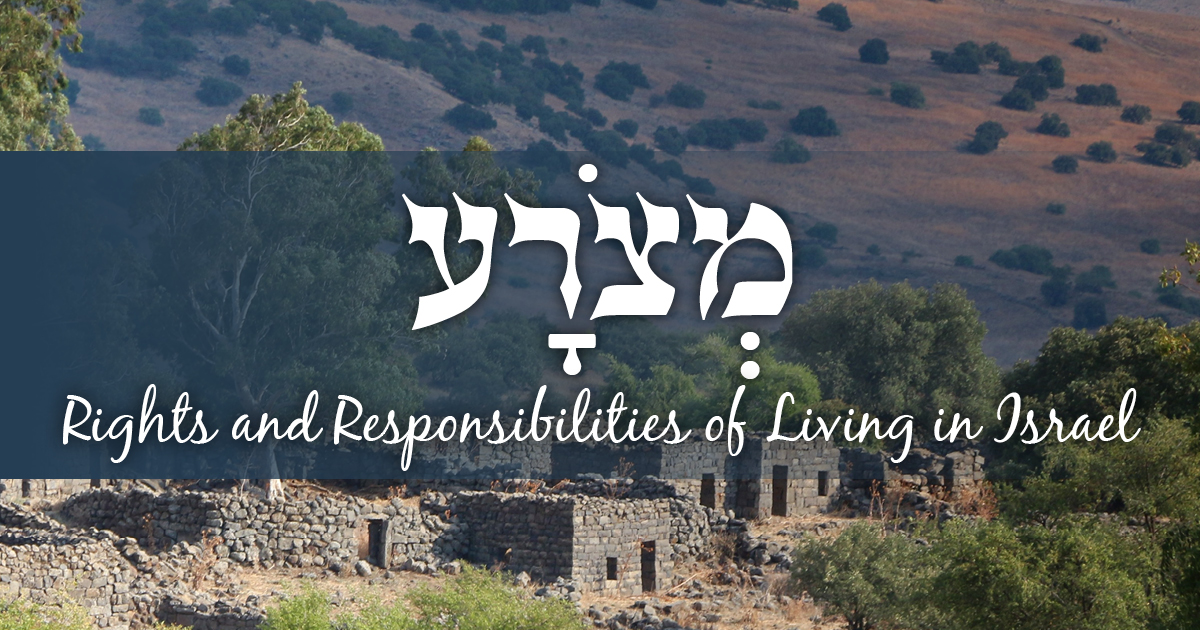
Various sources express what they believe to be the exact, precise behavior being punished. But they all agree that the house is afflicted, rather than the skin, as a result of miserliness, of the lack of compassion, that would cause someone to not give to someone in need. This is believed to be the sin connected to this punishment because the first step towards the cure, before the priest even comes to investigate, is to empty the house of all its contents. This displays the owner’s property to the community, to show that he is being punished because he didn’t want to give, not because he couldn’t.
We know that we have an obligation to be kind to each other, that all Jews are responsible for each other, no matter where we are. So what is the unique connection to the land of Israel doing here? The introduction to this section uses the description of the land as a “possession” TWICE!
Well, the obvious explanation is that this plague affects stones, not the tents that were pitched in the desert. So it couldn’t come into effect until the Nation of Israel arrived in the land and settled in, building permanent homes from wood and stone.
The Kli Yakar takes this one step further though, and connects the Land of Israel to the sin of miserliness for which this plague is the punishment. G-d gave the Land of Israel to the people of Israel as an eternal possession. But it still came originally from G-d. If one assumes that they have the right to claim possession to their property without recognizing a valid source to their claim, they are punished. It is a plague unique to Israel because the source and claim to possession of this land is known. It belongs, by Divine right, to the Nation of Israel as a whole. No one individual is greater or more deserving of it than any other, but we all are obligated to view our part in owning the land as a literal gift, right, and responsibility from G-d.
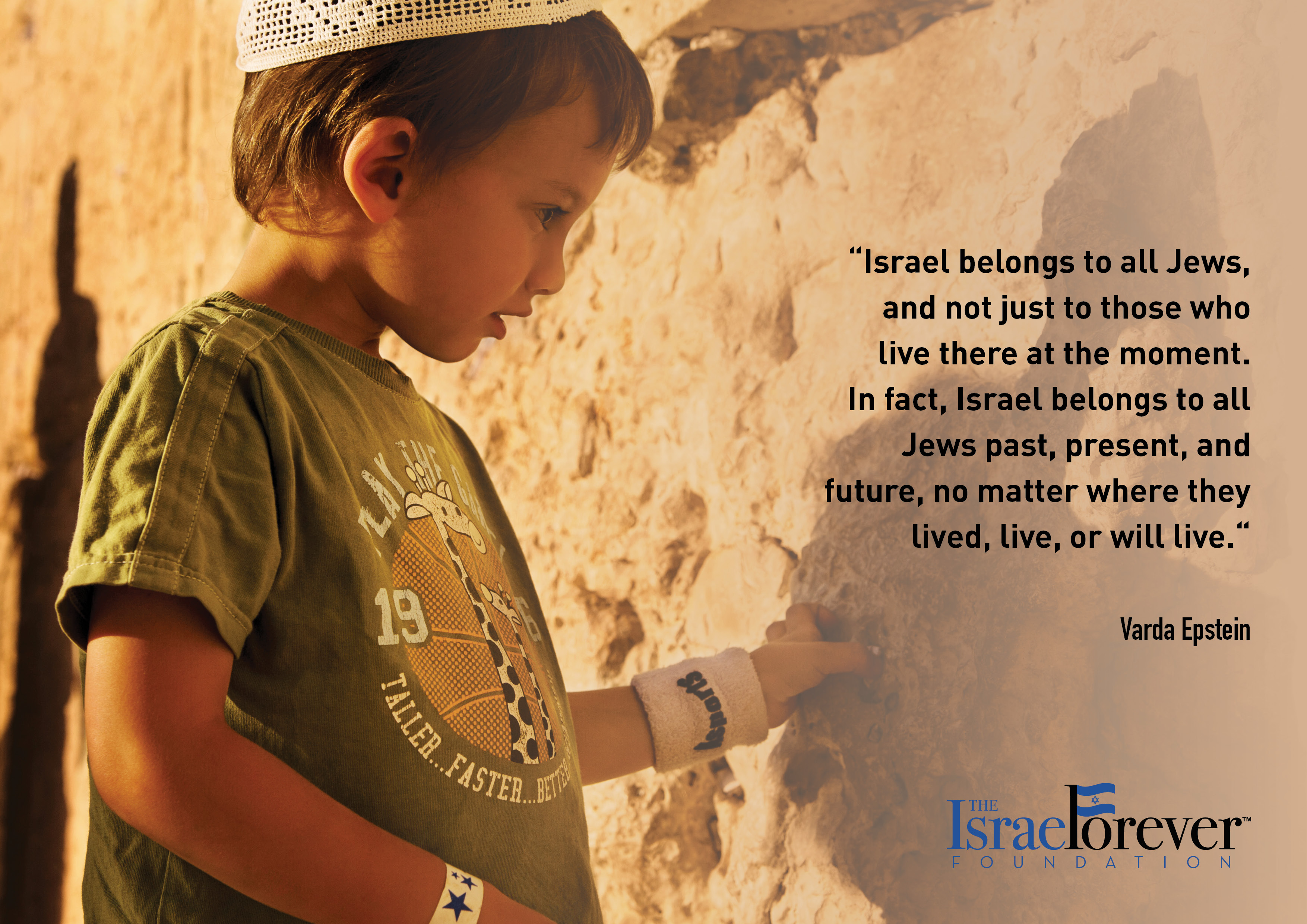
We all have a right and an obligation to connect to the Land of Israel as our possession, our permanent national home. And we have equal obligation to view every other Jew, together and separately, as sharing in this right, and that our claim is not “more valid” because of our religious or political views, our ethnic background or any other source. Israel is a Jewish Nation State, from the very beginning; one (land) for all and all for one.
FOOD FOR THOUGHT:
- Since we don’t have this punishment today, and it never applied outside of Israel, it can be easy to fall into stingy ways. What are some ways we can connect and give to each other, to combat this negative behavior?
- How can we express our personal and national connection to the land of Israel, and help others share in that connection as well?
Recommended for you:
About the Author


